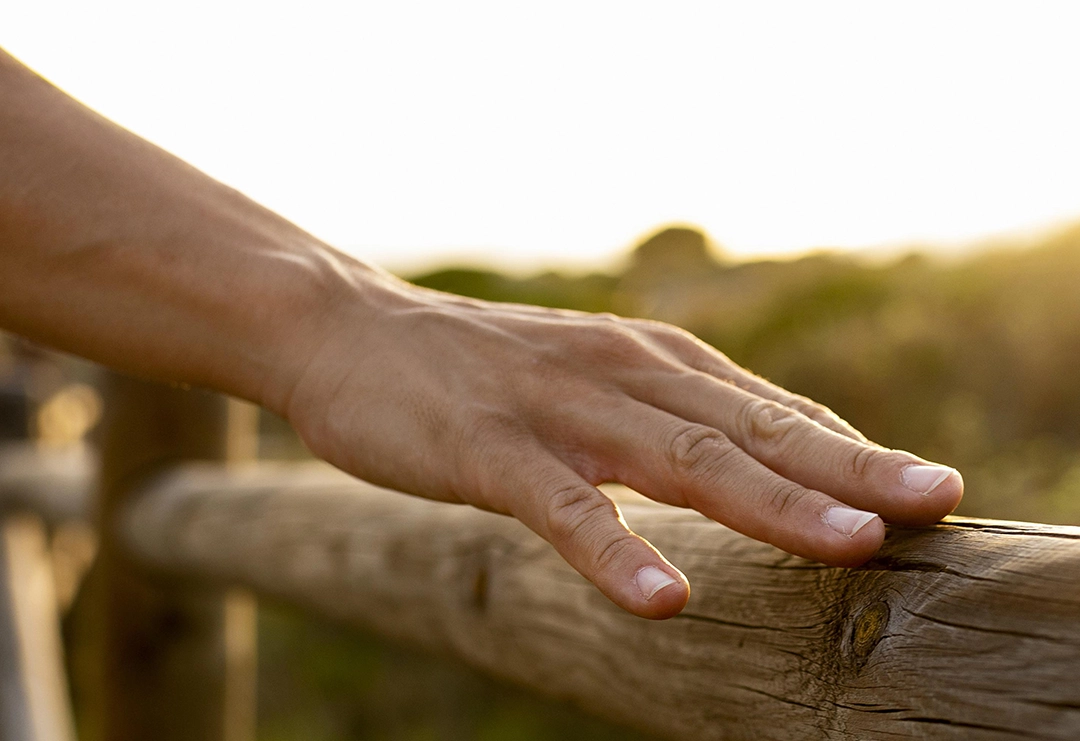 Go to English Version
Go to English VersionWhen the prospect of some impending misfortune crosses our mind, we knock on wood. When someone whispers another’s calamity, we knock again. In truth, we spend the day rapping at it. Often it isn’t even real wood. And if such a gesture could truly ward off the avoidable, every carpenter would be the luckiest man alive. Both Joseph and his son Jesus might have been. On one hand, seen through today’s eyes, their deeds would rack up staggering numbers of views, likes, and followers—Jesus the most influential influencer in history. On the other, he ended nailed to the cross. Of Joseph, by the time they crucified the son, almost nothing is known.
It is rather curious that we “knock on wood” to prevent misfortune when wood—cedar, olive, pine, or oak—was once implicated in the inevitable. In fact, each time we do it we are symbolically knocking at the wood of the cross. The power of the symbol is such that, two millennia later, when disaster means spilling coffee across a laptop keyboard, we still seek protection in the timber of a Roman execution. The comic twist in this curiosity is that we embrace Murphy’s Law without hesitation—if anything can go wrong, it will—and improvise its nemesis: the ritual tap on wood.
The wood we have at hand is usually cheap, and so, inevitably, are its supposed magical powers. More amusing still is to picture the original scene. Believers in the desert stretching their hands toward the cross, seeking the cool peace of heaven, and ourselves today giving a few nervous taps on the door before heading out to an uncertain errand. A ritual of faith degraded into a minor superstition, passing from sacrifice to amulet with disarming ease.
Contradiction seeps even into the language. Sometimes we cannot find the wood nearby. On the beach, perhaps, when a neighbor recounts how the nephew of some distant aunt lost a leg, we say—let me knock on wood. We repeat it in Spanish, English, French, or German, convinced we are neutralizing chance. What we perpetuate is the almost macabre irony of a gesture that connects the cross of Christ with the dining table, the symbol of sacrifice with domestic superstition. At the very least, it proves that a practice born of violence survives in residue, lingering in a world that respects nothing anymore, except suspicion of black cats and the reflex to knock on wood when misfortune crosses our path.












Comments powered by Talkyard.